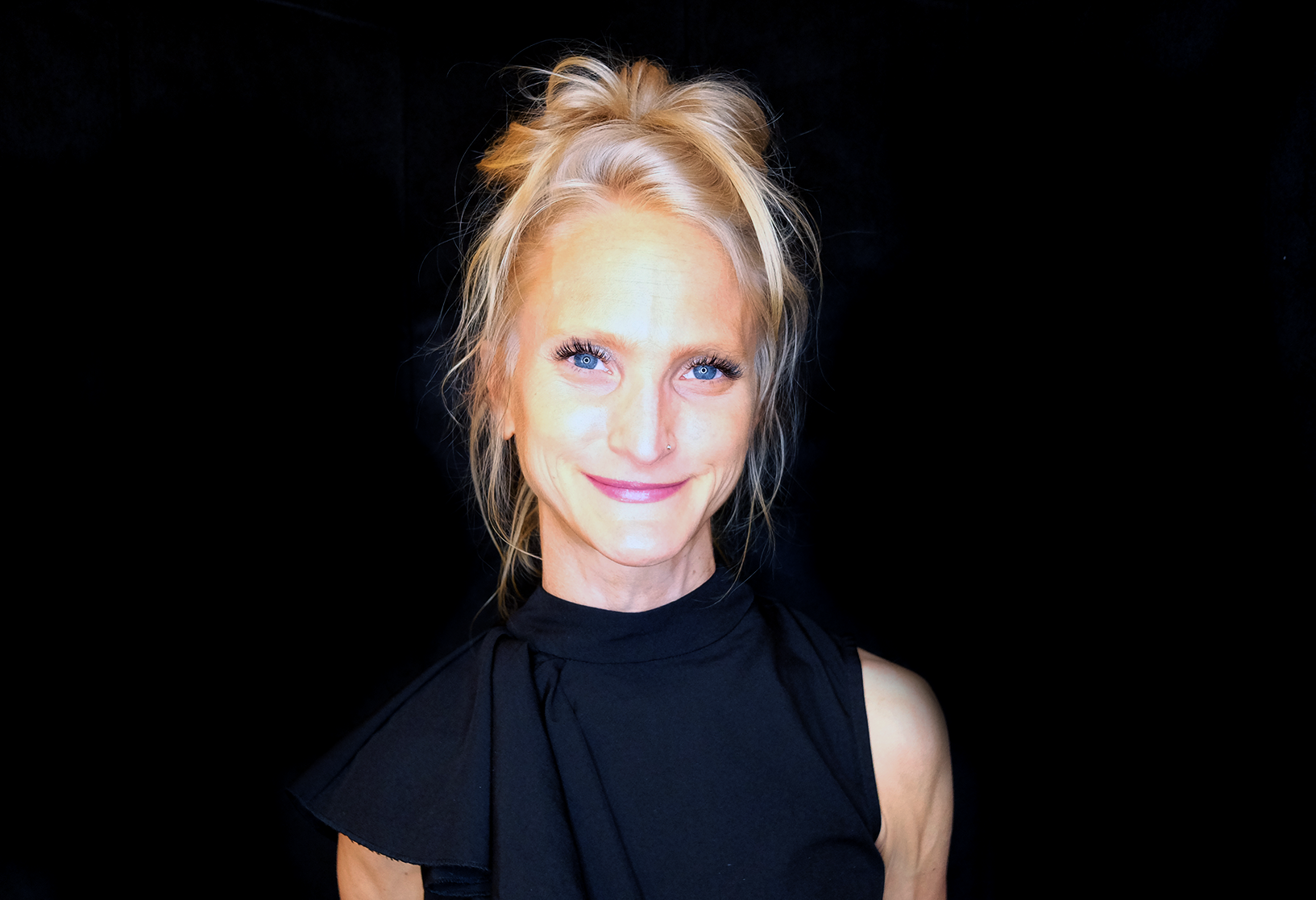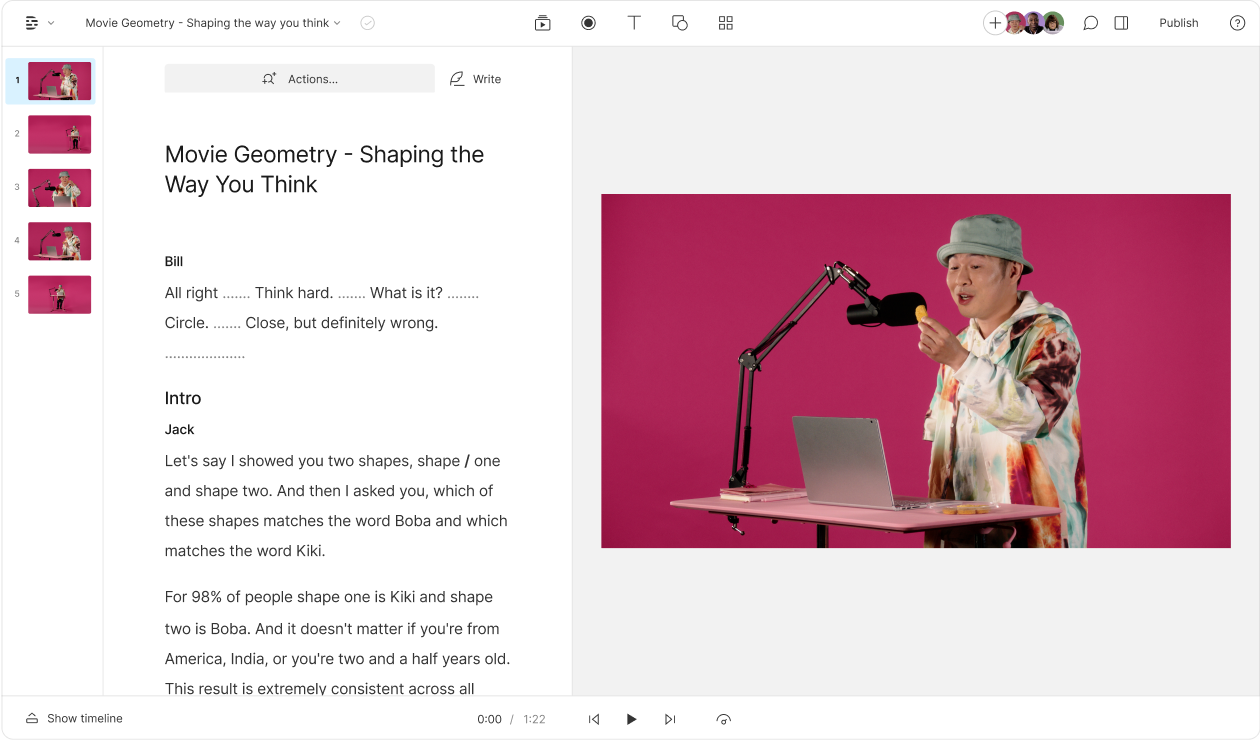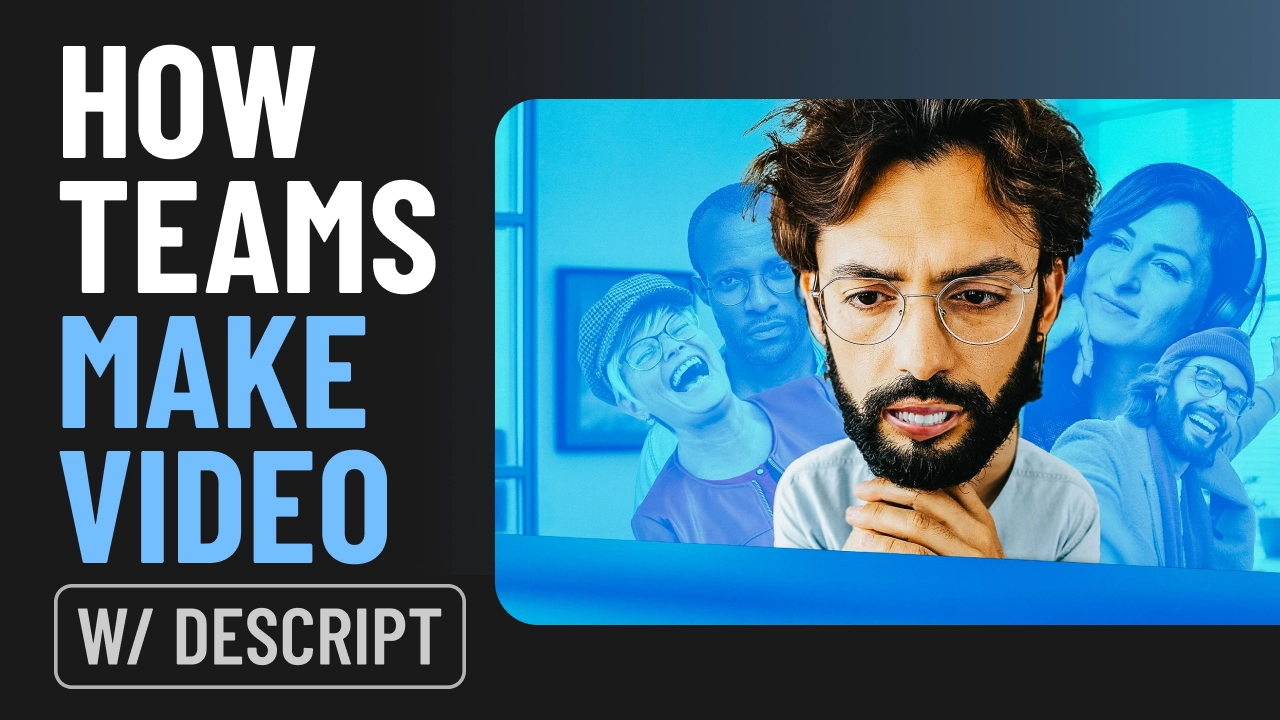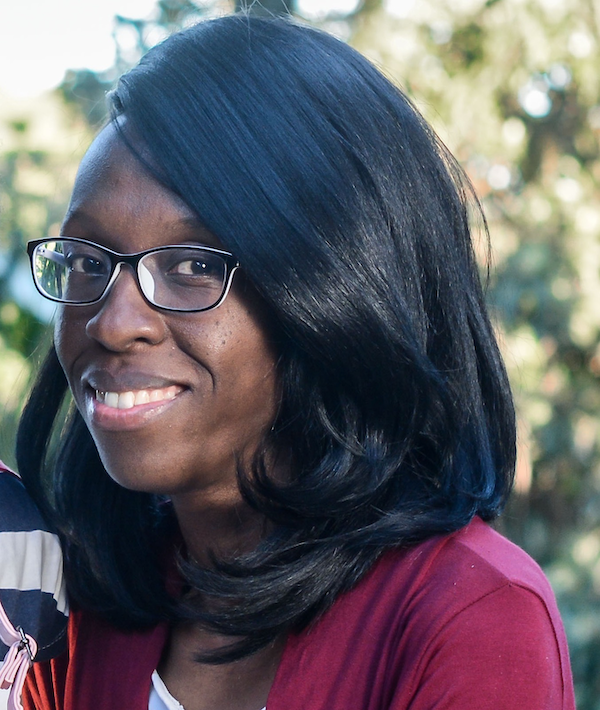What type of content do you primarily create?




In the increasingly competitive world of podcasting, a well-crafted trailer has become one way to get your show to stand out from the noise, build buzz before episode one, and attract the perfect audience. A podcast trailer serves as the first glimpse into the world you're creating and entices potential listeners to hit that subscribe button and return every time.
Why do you need a podcast trailer?
To snag subscribers
A trailer is the first chance you get to share your content, and it’s where you should show off your stuff and tease the most compelling snippets of your upcoming episodes. You have a short amount of time to catch people’s attention — if they don’t like the trailer, there’s a chance they won’t hit subscribe. Getting someone to subscribe to your show is the number one goal of having a trailer. You want the first episode to hit their ears as soon as it drops.
To set the tone
Your trailer should accurately represent the series or show as a whole by establishing your podcast's identity, themes, and values. This helps potential listeners understand what sets your podcast apart from others in the same genre. You don’t want the tone of the trailer to be different from what people will get with the rest of the season. They’ll be turned off, they’ll unsubscribe, and if you’re really unlucky, they’ll leave a rotten review.
To connect with your listener
You have a short amount of time to connect with potential listeners on an emotional level. By tapping into the right music, sound effects, and storytelling techniques, you can evoke curiosity, excitement, or even empathy. It’s that emotional connection that will turn a casual browser into a loyal subscriber who will be counting down the days for your first episode, and will tell all of their friends about you.
To build buzz
Once your trailer drops, you can put the pedal to the metal on your marketing campaign. Before, you didn’t have anything public for people to hear. Now you can send the trailer and the date of the first episode.
The two kinds of podcast trailers
There aren’t only two kinds — make your trailer however you’d like. However, the two most popular trailer types are:
Clips from the podcast
Select the best moments and string them into a brief narrative that will give people enough information to understand the story, but not too much to spoil anything. There's typically an introduction from the host, but the meat of the trailer comes from the clips.
A general blurb about the show
The host introduces themselves and tells people why they’re making the show, why they’re the perfect host, what problem the show is trying to solve (even if it’s just going to make people laugh — boredom is a problem!) and what people can expect.
The do’s and don’ts:
- DO drop it two weeks before your show launches. Ultimately, the timing is up to you. (There are no rules!) But you should aim to drop your trailer about two weeks before episode one, preferably on the same day of the week that you will publish regularly. That means you’ll have two weeks to work on getting that trailer into newsletters, in feeds of other shows, featured on apps, and to everyone in your circle. Use this time wisely!
- DO think about making more than one trailer. You could drop two a week apart: The first one two weeks before launch, the other one week before. Think about making trailers of different lengths. The sound and tone should be similar.
- DO define the tone. Reflect the tone and atmosphere of your podcast in the trailer. Whether it's informative, conversational, or comedic, make sure the trailer aligns with the overall vibe of your show.
- DO use your best stuff. Select captivating and memorable excerpts from your episodes that highlight the best aspects of your podcast. Showcase intriguing interviews, thought-provoking discussions, or exciting storytelling moments to captivate potential listeners.
- DO polish the audio. This is non-negotiable: the audio quality must be top-notch. Clear and crisp sound helps create a professional and immersive listening experience, leaving a positive impression on your audience.
- DO spend time on your script. You spent so much time and care coming up with your title, sourcing your guests, editing your episodes, everything else about your show. And this is the copy that’s most important. Spend an exorbitant amount of time writing it.
- DON’T spoil anything. Pique interest without spoiling the main episodes. Keep some surprises for the actual release.
- DON’T overdo it on sound effects. While sound effects can enhance the listening experience, avoid overusing them in your trailer. Too many sound effects can distract from the main message and come across as gimmicky.
- DON’T make your trailer longer than two minutes. Grab attention quickly, provide a glimpse of what's to come, and end on a high note, leaving listeners eager for more.
- DON’T oversell or mislead: Be honest in representing your podcast's content and style. Avoid overhyping or misrepresenting your show's content, as it can lead to disappointed listeners who expected something different.
- DON’T forget the call to action (CTA): End your trailer with a clear call to action, encouraging listeners to subscribe, follow, visit your podcast's website, or sign up for your newsletter. Make it easy for potential fans to take the next step and engage with you.
Before you hit publish:
- Send it to people unfamiliar with the project and ask: what questions do you have after listening to this? As the creator, you know the podcast like the back of your hand. Someone coming at it with fresh ears might be able to point out something that’s unclear.
- Mark it as a trailer when you’re uploading it. Some listening apps (like Apple Podcasts) will allow you to indicate on the feed that you are sharing a trailer or bonus content.
- Remember that you can make trailers for episodes of your podcast. If you have space in your show, a great way to drive people to old content is to make a trailer just for that episode. This comes in handy if you have an old episode that is suddenly relevant again, something that’s tied to a holiday or big event, or something that pairs nicely with the new episode you just dropped.
- Subscribe to Trailer Park Podcast, a podcast that showcases podcast trailers. You’ll learn some of the most creative ways people are building their trailers, as well as expert commentary from hosts Arielle Nissenblatt and Tim Villegas.





























%201.svg)


















.jpg)


